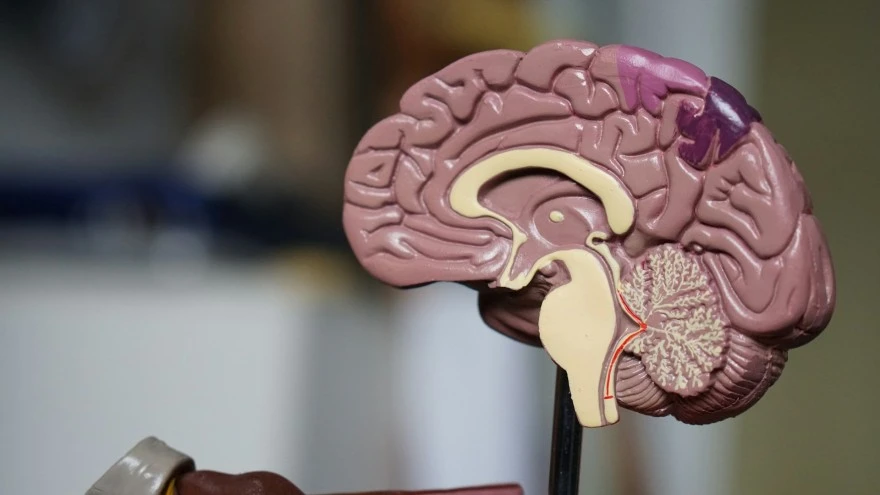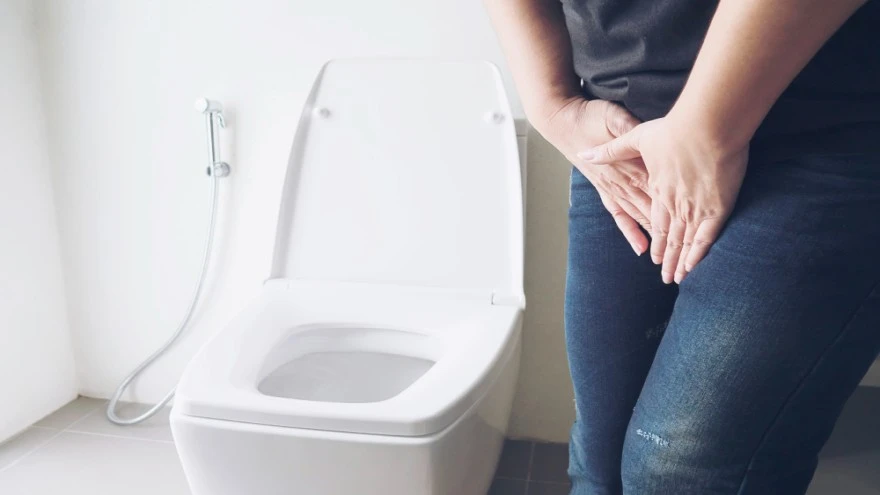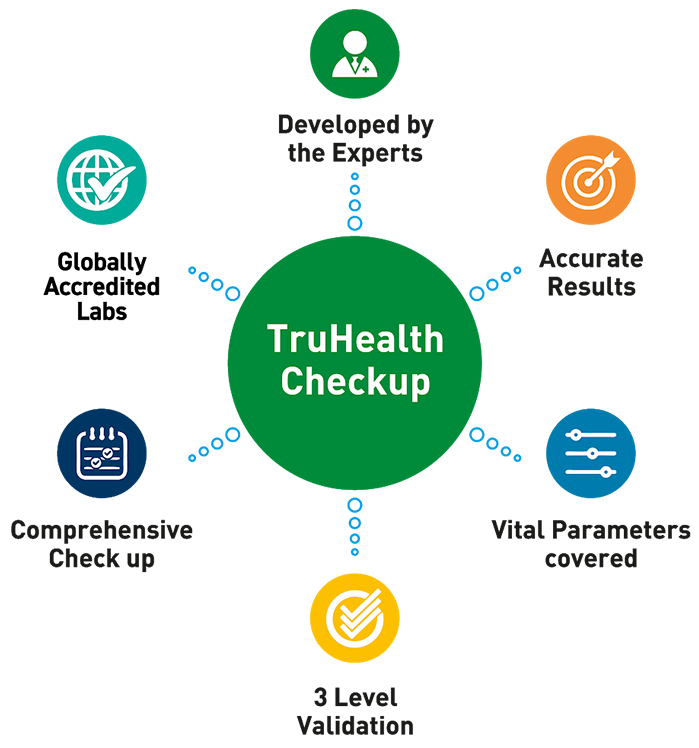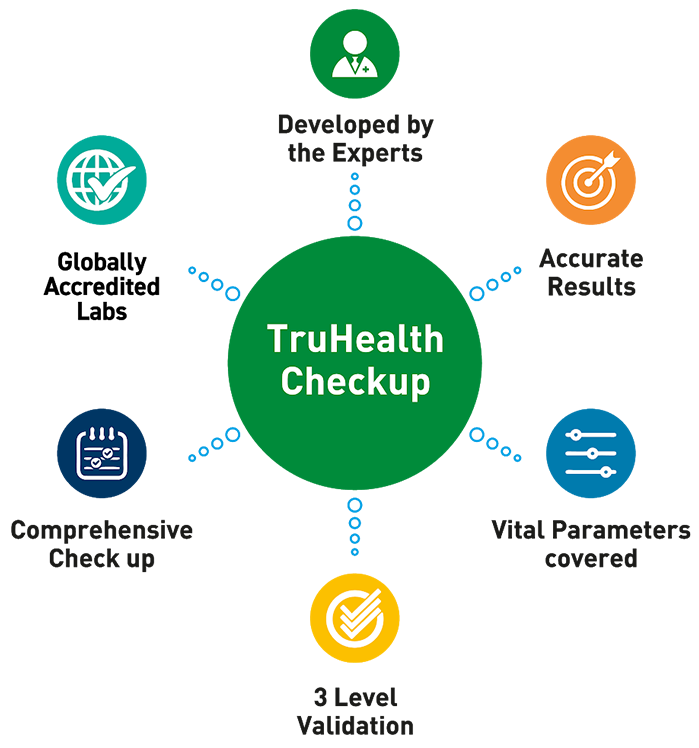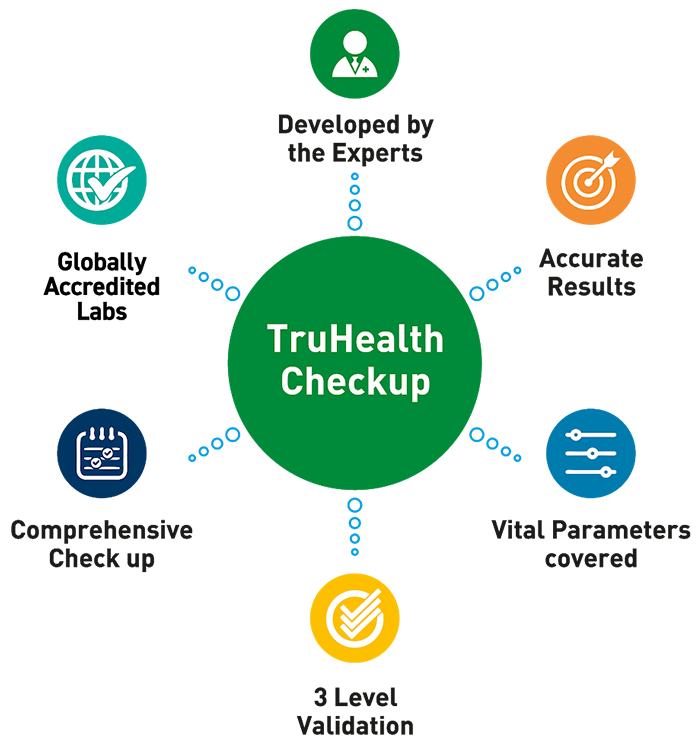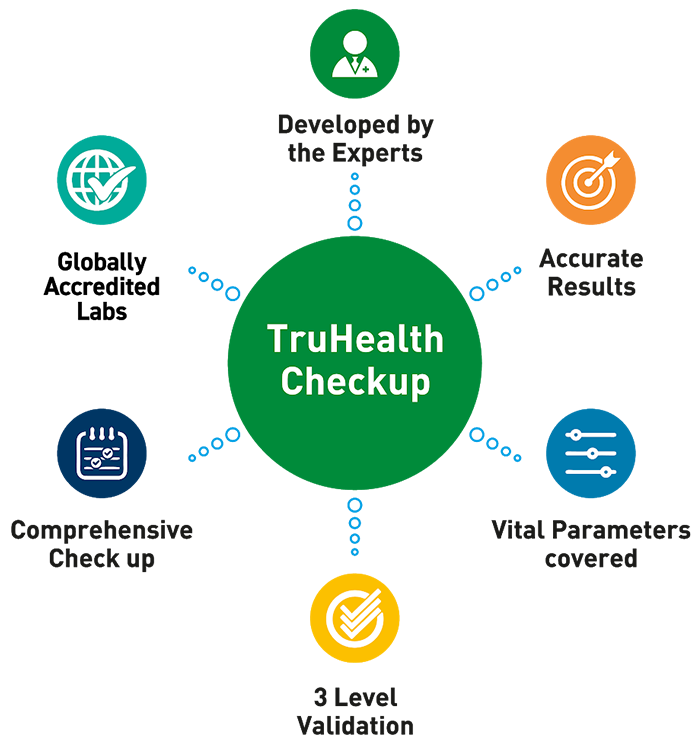Preventive Healthcare
Ovarian Cysts: Symptoms, Treatment, Causes and Types
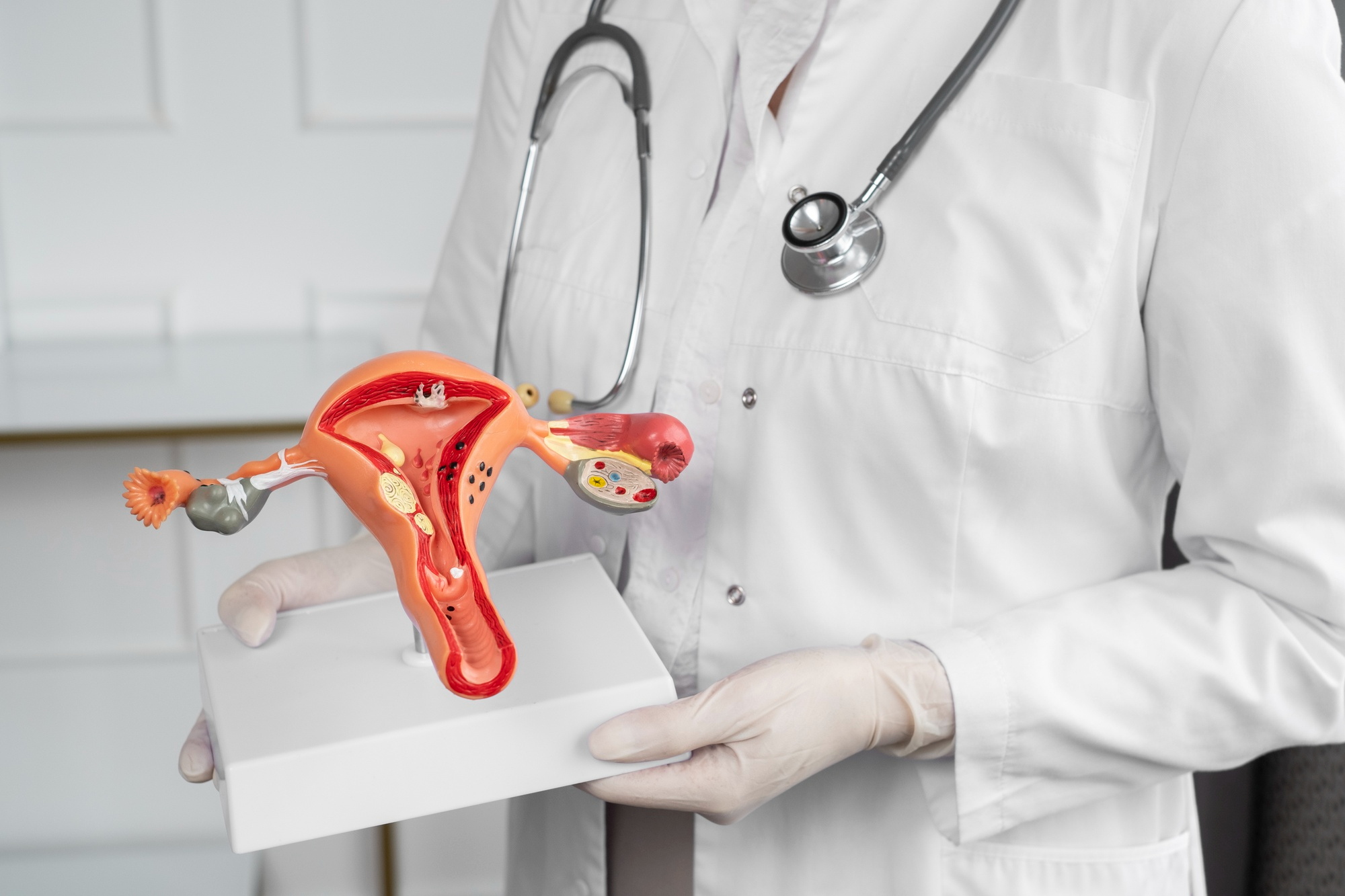
Table of Contents
According to an AIIMS study, 1 in every 4 Indian women suffers from ovarian cysts.
Ovarian cysts are a widespread condition in women of all ages. They are fluid-filled sacs found inside or on the surface of ovaries. They may vary in size, from very small to large masses that may cause discomfort, hormonal imbalance, and fertility issues.
Ovarian cysts can occur due to various causes including hormonal fluctuations, medical conditions, and lifestyle habits. In most cases, ovarian cysts are harmless and resolve by themselves. However, in some cases, they may cause a host of symptoms like pain, discomfort, menstrual irregularities, and reproductive complications.
Types of ovarian cysts
Ovarian cysts can be of different types:
-
Functional cysts:
These are the most common ovarian cysts and form in women of reproductive age (who have their periods). They are of two types- follicular and corpus luteum cysts.
-
Dermoid cysts:
These ovarian cysts are more common in younger women and can grow up to 15 cm in diameter. These cysts can contain hair, bone, fatty tissue and even parts of teeth. This is because egg cells have the ability to develop into any cell. Dermoid cysts usually run in families.
-
Cystadenomas:
These ovarian cysts develop on the outer surface of the ovaries and can be filled with different fluids. Cystadenomas usually have a stalk that attaches them to an ovary and can grow very large. While most cystadenomas are benign, some may be cancerous.
-
Endometriomas:
Women with endometriosis may develop one or more ovarian cysts. In this condition, the uterine lining called the endometrium is found outside the uterus. In some cases, these cysts are filled with blood. Since they ooze a chocolate-like liquid, they are called chocolate cysts. Endometriomas are benign but may pose challenges for women wishing to conceive.
What are the causes of ovarian cysts?
In a normal healthy woman in her reproductive years, the ovaries develop small cyst-like structures when the egg is released from the ovaries (by the process of ovulation). The egg is released by follicles. When these follicles keep growing, they form a functional cyst. These cysts develop within two to three menstrual cycles.
However, some cysts continue to grow and eat away at healthy ovarian tissue. Ovulation is the leading cause of ovarian cysts. Other causes of ovarian cysts include:
- Abnormal cell reproduction
- Endometriosis
- Pelvic inflammatory disease (PID)
Common signs and symptoms of ovarian cysts
Small ovarian cysts usually cause no signs or symptoms. However, larger ovarian cysts may cause the following symptoms:
- Pelvic pain
- Bloating in the lower abdominal region, which is usually more pronounced on one side
- Pain during sexual intercourse
- Dysmenorrhoea or painful periods
It is important to note that the symptoms of ovarian cysts may be very similar to other gynaecological conditions like PCOS. The signs and symptoms of ovarian cysts also vary from person to person.
How are ovarian cysts treated?
The treatment of ovarian cysts can vary depending on several factors, including the size, type, and symptoms associated with the cyst. Here are some common approaches to treating ovarian cysts:
1. Wait and watch:
In many cases, especially for small, asymptomatic cysts, your doctor may recommend a wait-and-watch approach. This involves regular monitoring through follow-up appointments and imaging tests, like ultrasounds, to observe the cyst's behaviour and see if it resolves by itself.
2. Medications:
Some ovarian cysts can be resolved by medications prescribed to treat their symptoms. Nonsteroidal anti-inflammatory drugs (NSAIDs) can help alleviate pain and discomfort. Hormonal contraceptives, like birth control pills, may be prescribed to regulate the menstrual cycle, prevent the formation of new cysts, and shrink existing cysts.
3. Surgery:
If the cyst is large, is causing severe pain, or shows no signs of resolving, your doctor may perform surgery. The type and extent of surgery depend on the characteristics of the cyst and the patient's overall health.
- Laparoscopy:
This minimally invasive surgical procedure involves making small incisions in the abdomen through which a thin, flexible instrument with a camera (laparoscope) is inserted. The surgeon can visualize and remove the cyst or perform cystectomy, which involves removing only the cyst while preserving the ovary.
- Laparotomy:
In some cases, a larger incision (laparotomy) may be required to remove the cyst. This approach is typically reserved for larger cysts, suspected malignancies, or cases where the cyst has caused complications.
- Oophorectomy:
In rare cases where the cyst is cancerous, or there is a risk of malignancy, the affected ovary may need to be surgically removed (oophorectomy).
4. Other treatment options:
In some situations, such as when a cyst has ruptured or is causing severe pain, the doctor may perform a cyst aspiration or drainage. This involves using a needle and syringe to drain the fluid from the cyst, relieving symptoms.
In a Nutshell
Ovarian cysts are a common gynaecological condition that can vary in size, type, and symptoms. While most cysts are benign and resolve on their own, some may cause discomfort and require medical intervention.
Recognizing the symptoms, understanding the causes and types of cysts, and seeking timely medical attention are crucial for effective management. It is highly recommended that you undergo regular gynaecological check-ups to enable your doctor to detect any small cyst development early.
If you need to undergo tests for an ovarian cyst you can trust us. Metropolis Healthcare is a trusted name in diagnostic services. We offer comprehensive testing and imaging solutions for the accurate diagnosis and monitoring of ovarian cysts. Remember, timely intervention and proactive care can help manage ovarian cysts and promote overall well-being.
With our advanced technology and experienced healthcare experts, we at Metropolis Labs aim to empower women to take control of their reproductive health. There are several TruHealth Packages on offer for women of all ages. Book your diagnostic tests with us today!








